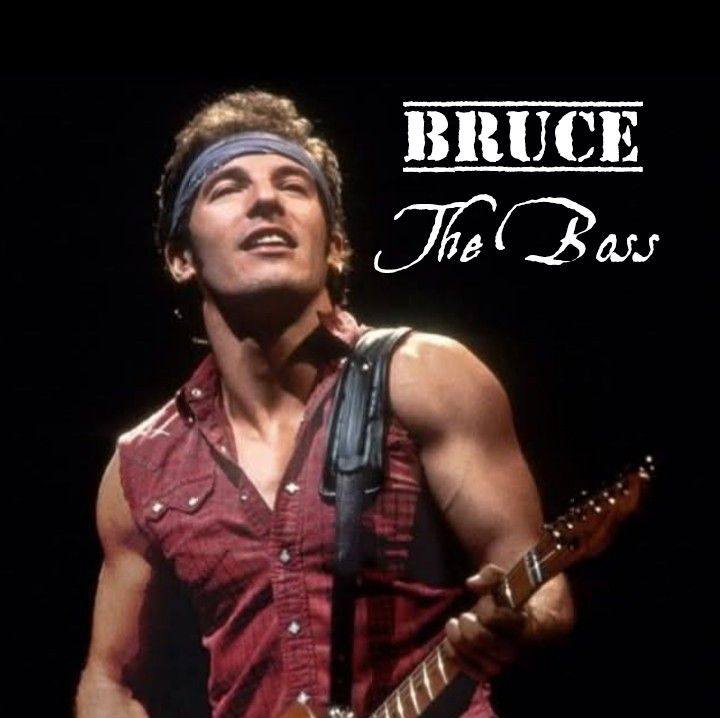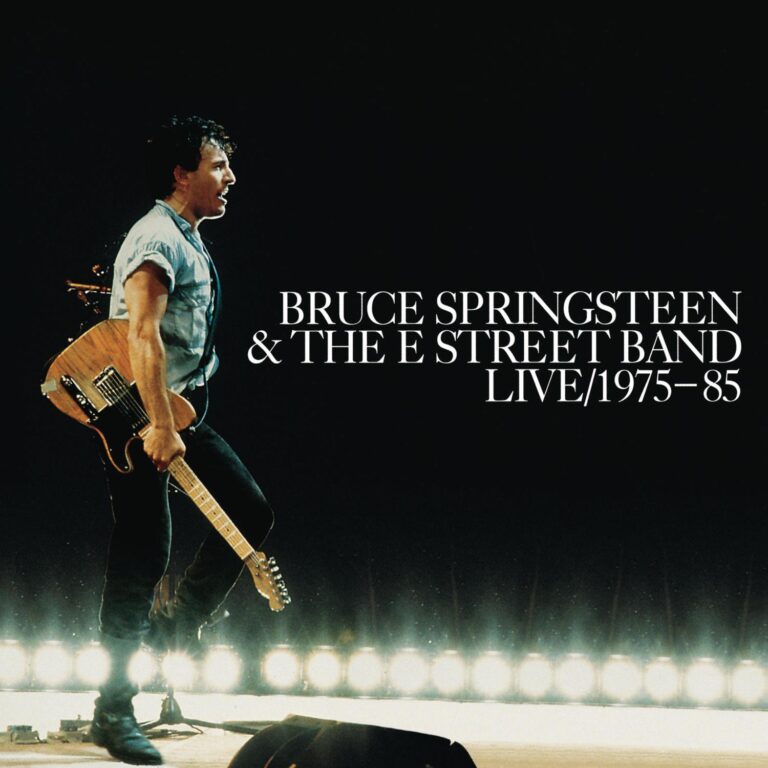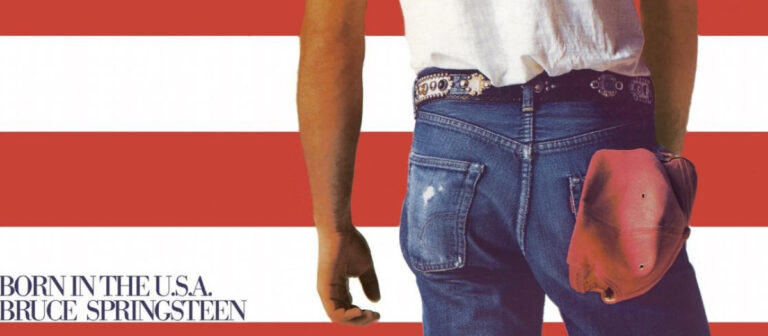When Bruce Springsteen released Lucky Town on March 31, 1992, the world was faced with a rare artistic move: two brand-new albums dropped on the same day. The other, Human Touch, had been long anticipated. But Lucky Town emerged almost unexpectedly—more introspective, more personal, and for many listeners, more resonant.
Together, these albums marked a pivotal moment in Springsteen’s career. After temporarily disbanding the E Street Band in 1989 and relocating from New Jersey to California, the Boss was undergoing a transformation—personally and artistically.
The songs on Lucky Town reflect that journey with raw honesty, renewed spirituality, and a stripped-back energy that distances itself from the working-class anthems of his past to embrace the voice of a man in search of clarity and meaning.
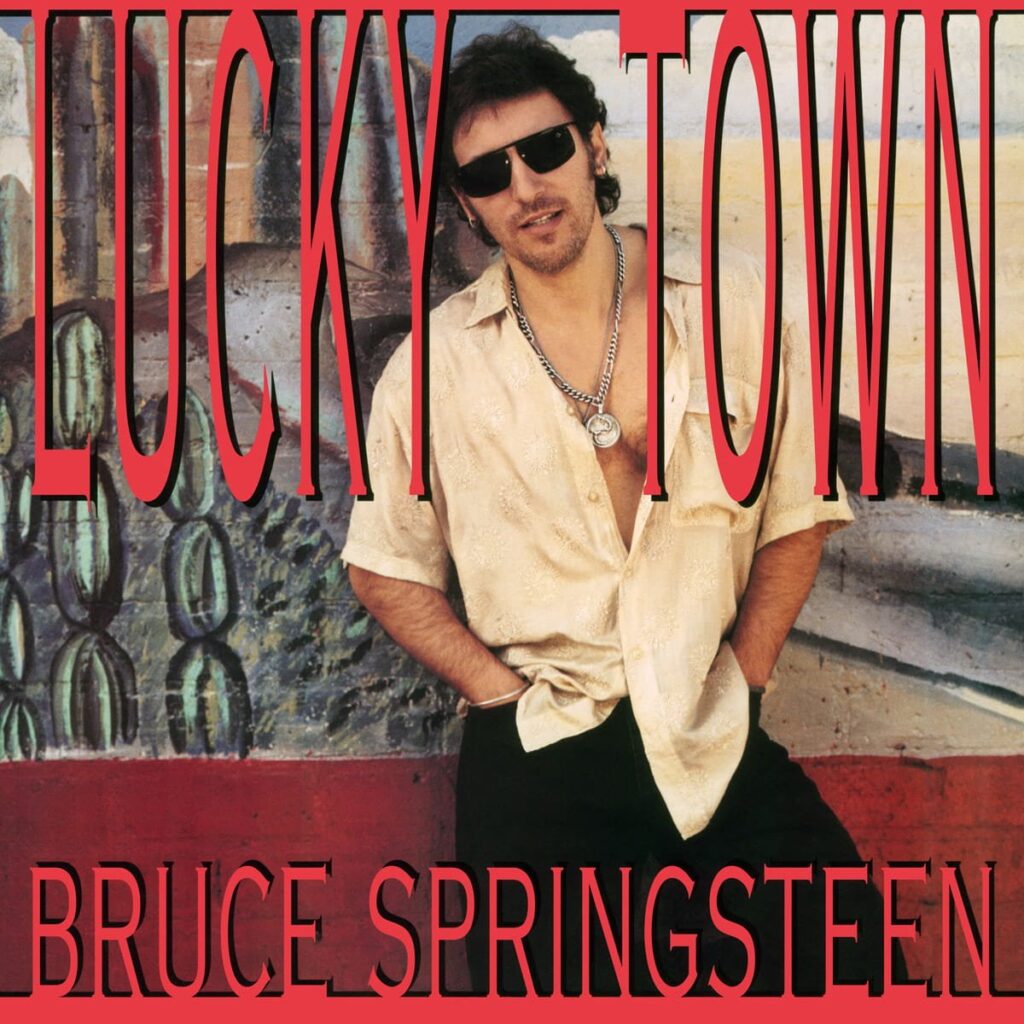
Context: The Artist and the Man
By the late 1980s, Bruce Springsteen had already solidified his place in rock history. Albums like Born to Run (1975), Darkness on the Edge of Town (1978), and Born in the U.S.A. (1984) had turned him into a cultural icon and the voice of America’s working class.
But behind the scenes, his personal life was unraveling: his marriage to actress Julianne Phillips ended in 1988, and he soon began a relationship with Patti Scialfa, E Street Band member, who would become his wife and the mother of his children.
Professionally, his decision to break up the E Street Band in 1989 was controversial. Springsteen felt the need to reinvent himself—to explore new directions and escape the creative patterns that had brought him so much success.
In this spirit, he began recording Human Touch, an album he worked on for nearly two years with studio musicians. But in the final sessions of that project, a new set of songs burst forth almost spontaneously. This was Lucky Town, a leaner, more emotional album that—ironically—ended up being more cohesive and revealing than its longer-planned counterpart.
Recording and Production
Lucky Town was recorded at Springsteen’s private studio, Thrill Hill Recording in Los Angeles, between September 1991 and January 1992. Unlike the meticulous, drawn-out sessions typical of his past albums, this one was written and recorded in just a few weeks.
Springsteen played most of the instruments himself—guitar, keyboards, bass, even percussion—accompanied occasionally by longtime collaborators like Garry Tallent (bass), Gary Mallaber (drums), and engineer Toby Scott. The album was co-produced by Springsteen, Jon Landau, and Chuck Plotkin, maintaining a spontaneous, almost demo-like feel that emphasized lyrical content over polished production.
The result was an album that sounded raw and unfiltered—a return to the directness of Nebraska (1982), but with electric energy and a glimmer of optimism.
Track-by-Track Breakdown
- Better Days
The opening track and lead single. A bold declaration of gratitude and renewal: “It’s a sad man, my friend, who’s living in his own skin and can’t stand the company.” It’s the mission statement of the album—finding joy and clarity after chaos. - Lucky Town
A semi-autobiographical rocker where Springsteen sings about escaping to a place of redemption and possibility. Gritty and uplifting, the song becomes a metaphor for his new life chapter: “I was born in Lucky Town / I was raised in Lucky Town.” - Local Hero
A humorous, ironic look at fame and self-perception. Inspired by a real-life moment when Bruce saw a signed photo of himself in a music store—unrecognized. The “local hero” is no longer the myth but a real man confronting his ego. - If I Should Fall Behind
A tender, heartfelt ballad about emotional commitment and standing by your partner. The song became a live favorite, especially in E Street Band shows where each member would sing a verse—symbolizing unity and loyalty. - Leap of Faith
Energetic and hopeful, this track celebrates the courage it takes to love again after heartbreak. It’s a joyful affirmation of emotional risk. - The Big Muddy
A dark, bluesy parable about poor choices and toxic influences. “You get used to anything / Sooner or later it becomes your life.” A haunting reminder of how easy it is to lose your way. - Living Proof
One of the album’s emotional high points, written after the birth of his first child. It explores the spiritual awakening of fatherhood: “You do the things you have to do, but baby you’d do them all for love.” - Book of Dreams
A soft, dreamlike song about intimacy, love, and shared hope. Its gentle tone adds warmth and vulnerability to the album’s second half. - Souls of the Departed
The album’s most politically charged track. Written during the Gulf War, it critiques violence, inequality, and lost innocence in a brutal world—reminiscent of the tone of Born in the U.S.A. - My Beautiful Reward
The closing track offers a quiet, spiritual reflection on the search for meaning. It’s not a triumphant resolution, but a peaceful acknowledgment that the journey continues.
Critical and Commercial Reception
Upon release, Lucky Town received mixed-to-positive reviews. While some critics saw it as a minor entry in Springsteen’s discography, others praised its emotional honesty and raw directness. Publications like Rolling Stone recognized it as the stronger of the two 1992 albums.
Commercially, Lucky Town debuted at #3 on the Billboard 200, while Human Touch reached #2—both outsold by Nirvana’s Nevermind, symbolizing the shift toward a new musical era. The 1990s were embracing grunge, alternative rock, and the rise of Generation X, leaving behind the stadium-sized optimism of the previous decade.
Legacy and Reappraisal
Over time, Lucky Town has gained respect among die-hard fans and critics alike. It doesn’t feature the epic grandeur of Born to Run or the political fury of The River, but it offers something just as valuable: emotional clarity and maturity.
Songs like “If I Should Fall Behind,” “Living Proof,” and “My Beautiful Reward” have become setlist staples and fan favorites. The album is now recognized as an essential bridge between Springsteen’s 1980s superstardom and his more reflective, narrative-driven work in albums like The Ghost of Tom Joad (1995) and Devils & Dust (2005).
Conclusion
Lucky Town is the sound of a man who’s lived, lost, loved, and learned. Bruce Springsteen strips away the myth to speak plainly, heart to heart. There’s no cinematic hero here—just a human being trying to move forward.
In its unvarnished sincerity, Lucky Town reveals a quiet strength and emotional wisdom that only time can deliver. It may not be his most famous record, but it remains one of his most human.
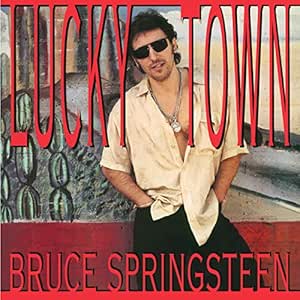
Access the Complete Discography of Bruce Springsteen in the following link of Bruce Springsteen Radio: https://brucetheboss.com/tag/discography/
